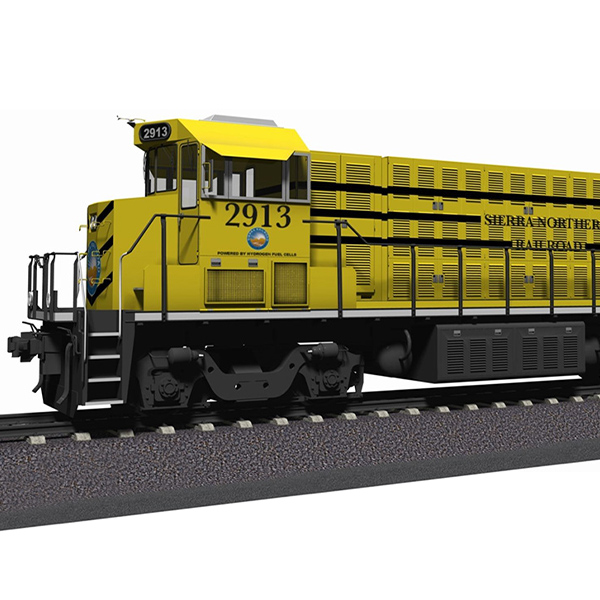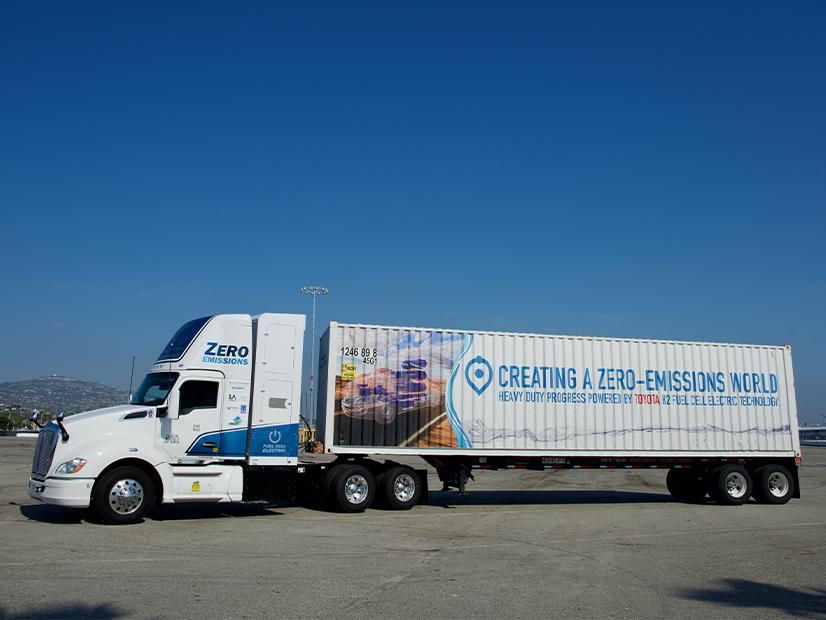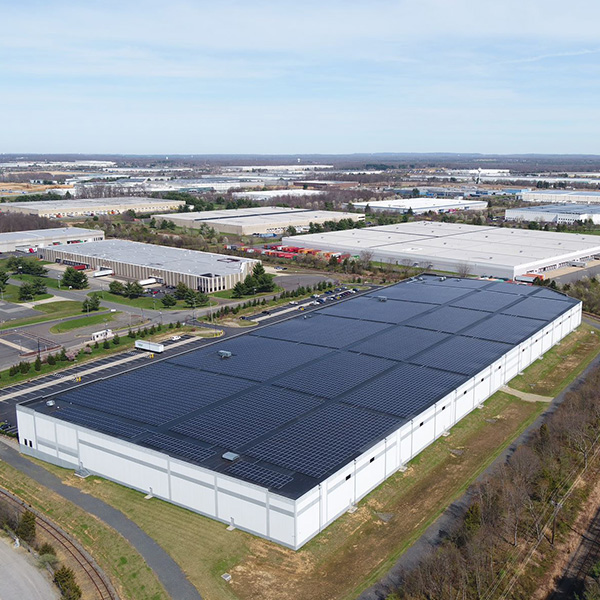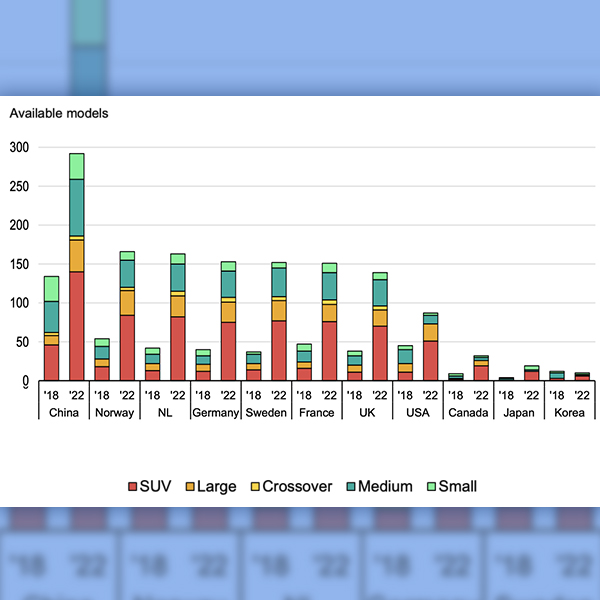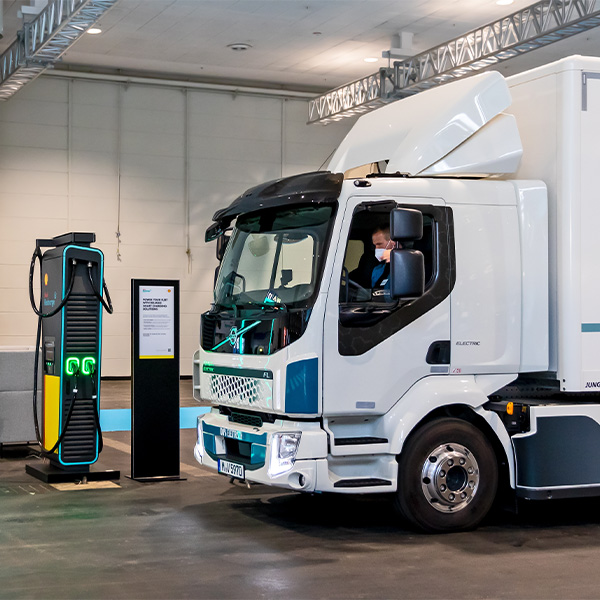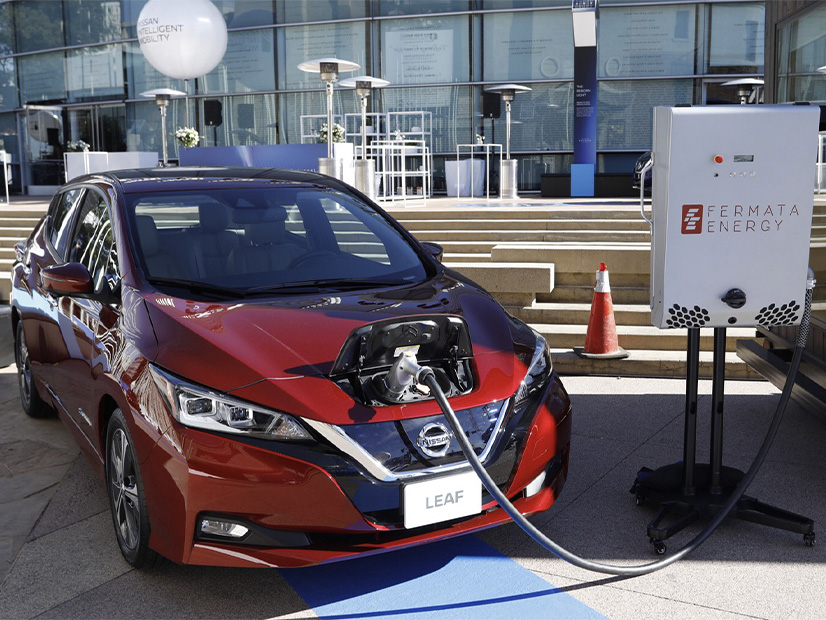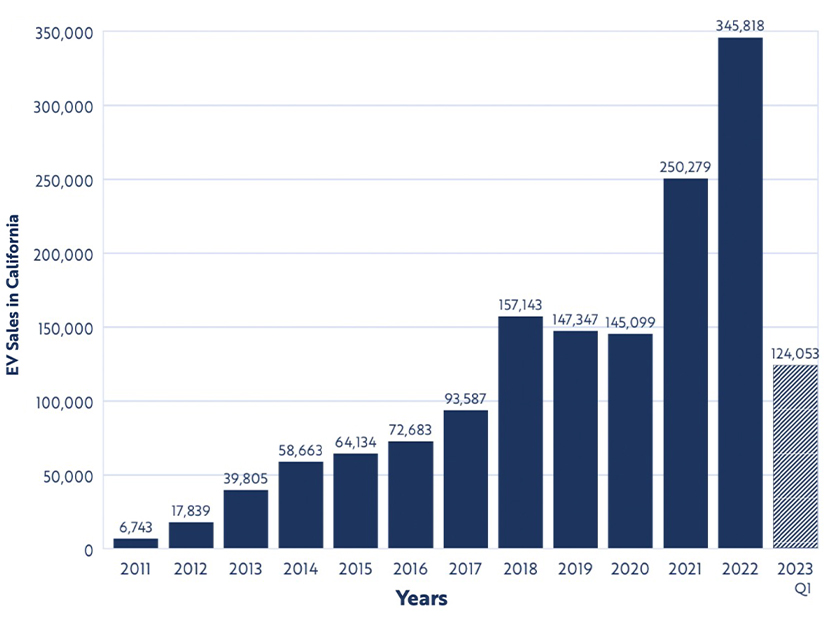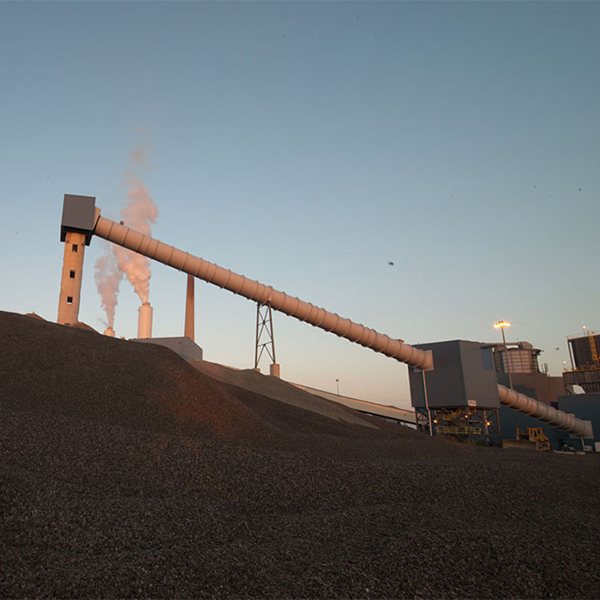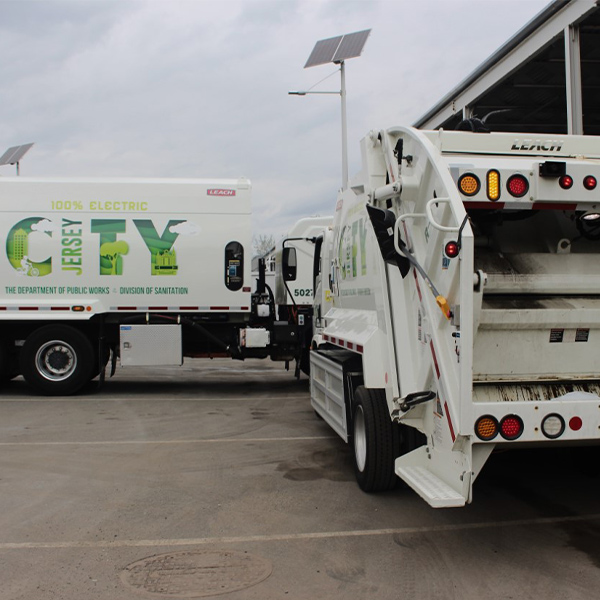Transportation Decarbonization
Airplane DecarbonizationEV chargersHeavy-duty vehiclesBattery Electric Buses (BEB)Fuel Cell Electric Buses (FCEB)Light-duty vehiclesBattery Electric VehiclesFuel Cell VehiclesPlug-in hybrid electric vehiclesShip electrificationClean Ports
The California Air Resources Board approved groundbreaking rules requiring passenger, freight and switcher locomotives to decarbonize in the next three decades.
California regulators approved a rule that will ban the sale of diesel trucks in the state starting in 2036, requiring all new trucks sold to be zero-emission.
New Jersey’s EDA is accepting applications for matching loans of up to $10 million to small businesses seeking to make clean energy investments.
An IEA report sees continued sharp sales growth for EVs as they benefit from major new policies in the U.S. and European Union.
The California Air Resources Board plans to vote on a regulation requiring new switcher locomotives to be zero-emitting by 2030 and freight locomotives by 2035.
New York is laying the groundwork to develop the charging infrastructure needed for the larger EVs intended to replace conventional trucks and buses.
A bill that would require all zero-emission vehicles sold in California to have bidirectional charging capabilities by 2027 cleared a key Senate committee.
More than 1.5 million light-duty electric vehicles have been sold in California, beating by two years the target set by a governor’s executive order in 2012.
Michigan Democrats introduced climate bills that would end coal-fired electric generation by 2030 and mandate 100% renewable electric production by 2035.
Jersey City unveiled a new fleet of 20 Chevrolet Bolts and five electric garbage trucks in an Earth Day celebration of the city’s effort to decarbonize.
Want more? Advanced Search
